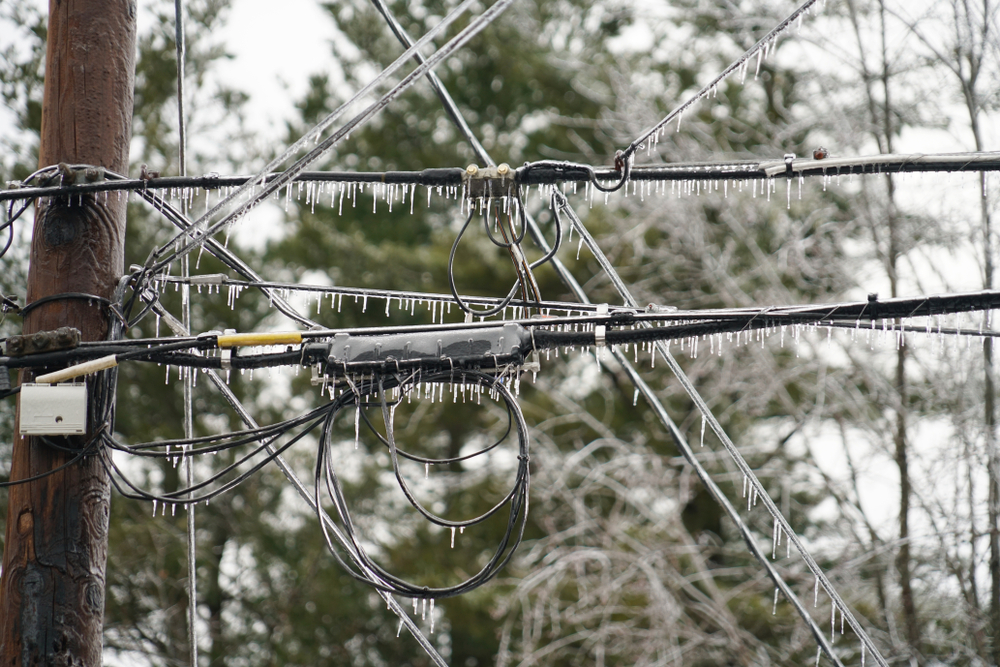Snow has the magical ability to turn your town into a wonderland worthy of a holiday movie overnight. Unfortunately, it also has the capacity to be incredibly dangerous – knocking out people’s power and making it difficult to stay warm. With winter weather likely to hit many people this season, it’s important to prepare yourself and your home before extreme weather occurs.
If a power outage were to befall you and your family, be ready by having the necessary tools and tricks available to make things easier. Here are some essential tasks and tips to follow before a winter storm starts brewing.
- Insulate any water lines that run along exterior walls by covering them in newspaper and plastic. This will ensure your water supply won’t freeze.
- Install storm or thermal-pane windows or cover windows with plastic from the inside.
- Have your furnace system and vents checked by a qualified technician to make sure your heat sources are working properly before temperatures plummet.
- Insulate, caulk and weather-strip doors and windows to keep the cold out.
- Install and test smoke alarms and carbon monoxide detectors. Make sure you have battery backups for all devices.
- Stock up on canned goods, bottled water, blankets, heavy jackets and socks.
- Have your car winterized. This entails:
- Getting a mechanic to check your battery, antifreeze, wipers and windshield, washer fluid, ignition system, lights, exhaust system, heater, and brakes
- Install good winter tires that have adequate tread
- Make sure your gas tank is always at least half full; if you hear a storm is coming make sure to fill your tank all the way up.
Stay safe and warm in the event of a power outage by following these tips:
- Place multiple flashlights in easily accessible locations and make sure you have corresponding batteries.
- Use long, fireplace matches or a butane wand to easily light your fireplace without harming yourself.
- Fill empty space in your freezer with water containers to keep food frozen longer.
- Don’t open your fridge or freezer more than necessary. An unopened fridge will keep food cold for approximately four hours, while an unopened freezer can keep food cold for approximately 24 hours. If food reaches 40⁰ F or above, throw it out.
- Disconnect appliances and electronics, such as TVs, printers or kitchen appliances, to avoid damage from electrical surges once the power comes back on.
- Avoid carbon monoxide poisoning by using proper heating equipment and avoiding gas stovetops or ovens to heat your home.
- Visit community centers, shopping malls or a family member’s home that have generators to keep warm.
